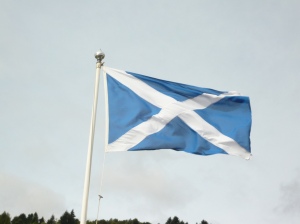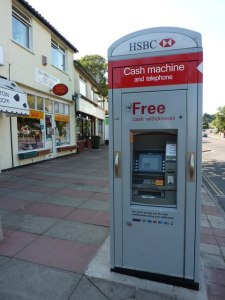I want to help you keep your budget in check this week on the Kiran Trivedi blog, with the following five cardinal don’ts of money saving.
It’s Important to Remember What You Shouldn’t Do
With winter fast approaching, it’s more important than ever that you keep your budget in check. After all, not only are their rising energy costs and perpetually climbing cost of living expenses to think about, but Christmas is on its way too, and you’ll need as much cash to hand as possible to make it one to remember.
Of course, when it’s comes to money saving, there’s a lot of things you should do. However, it’s equally important to remember, that there are a lot of things you should absolutely not do if you want to keep your bank balance high throughout the winter.
You Really Shouldn’t Do the Following Five Things
There’s lots of things you shouldn’t do, but the following five rules really are the five cardinal don’ts you need to avoid if you want to keep your bottom line high…
- Don’t Shop on an Empty Stomach: Have you ever done the weekly shopping when you’re hungry? Your hunger will make you more prone to buying everything you want. Great, but not good for the old pocket book. Full people tend to actually think about what they’re buying.
- Don’t Take Your Card on a Night Out: Basically, alcohol impairs judgement, so if you take your card on a night out, you’ll end up spending far more than you ever dreamed of, damming your budget to the red. Either take cash, or invest in a prepaid card.
- Don’t Buy the First Thing You See: You may see something you love, and you will be tempted to buy it straight away. Don’t. You may be able to get the same thing for less somewhere else.
- Don’t Pay the Minimum on Your Credit Card: Have you ever actually worked out how long it’d take you to pay off your credit card, if you only paid off the minimum. Years. That’s why if you want to secure your budget in the long run, you need to pay as much of as possible as quickly as possible.
- Don’t Throw Away Your Receipt: So many people throw away their receipt, and they really shouldn’t because it’s the only thing they can use to get their money back, should they buy a faulty product. That is why you should always keep your receipts.
Will This Save Me Money?
A lot of this is just common sense, which is why the best advice I can give you, Kiran Trivedi readers, is to simply think before you do anything. When you’re presented with a choice, stop and ask; will this save me money?


